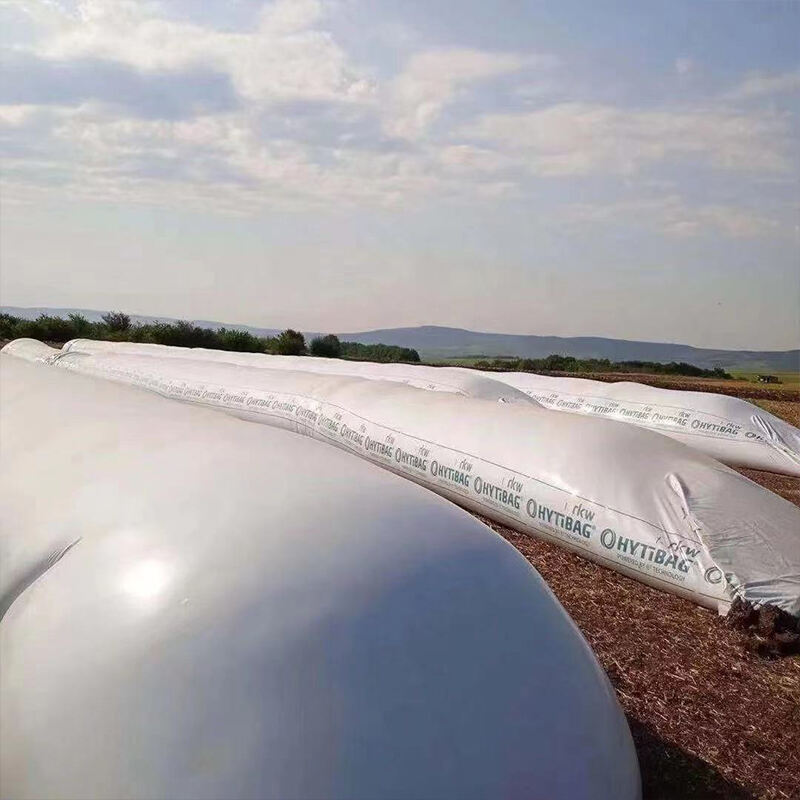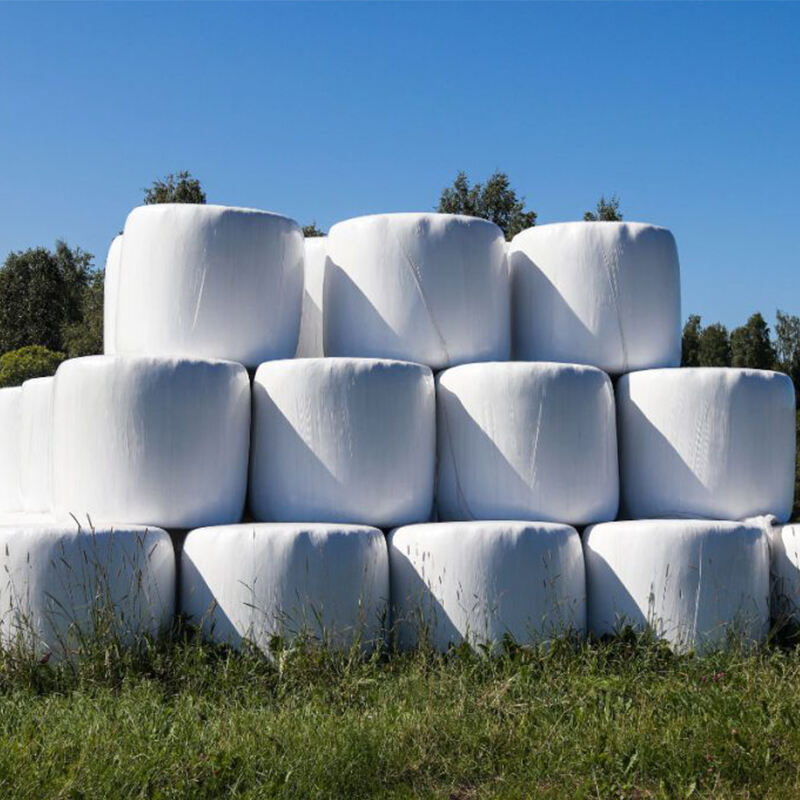silage film manufacturer
A silage film manufacturer represents a cornerstone in modern agricultural technology, specializing in the production of high-quality protective films essential for preserving livestock feed. These manufacturers utilize advanced extrusion technology to create multilayer films that offer superior oxygen barrier properties and mechanical strength. The manufacturing process involves careful selection of raw materials, primarily high-grade polyethylene, and implements precise quality control measures throughout production. These facilities are equipped with state-of-the-art machinery capable of producing films in various dimensions, typically ranging from 25 to 750 microns in thickness. The manufacturing process incorporates UV stabilizers and specialized additives to enhance the film's durability and weather resistance. Modern silage film manufacturers employ sophisticated testing laboratories to ensure consistent product quality, measuring crucial parameters such as tensile strength, elongation properties, and oxygen transmission rates. They often integrate automated packaging systems and maintain strict inventory control to ensure prompt delivery and product freshness. The facilities typically operate under ISO certification standards, guaranteeing consistent quality and environmental compliance in their manufacturing processes.


